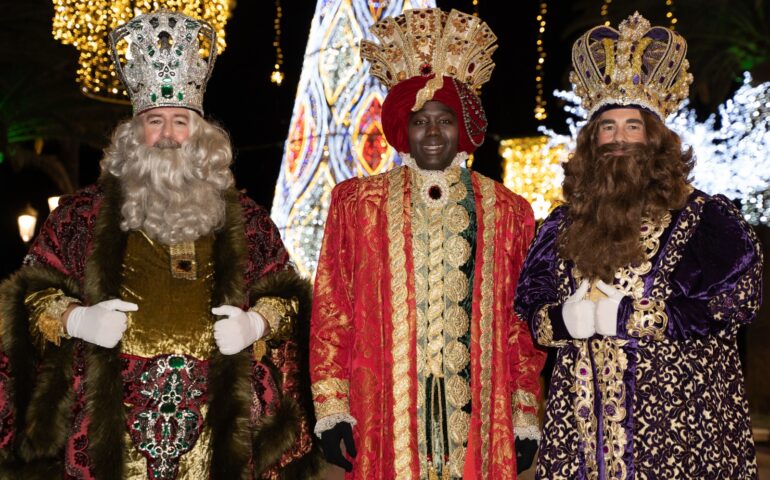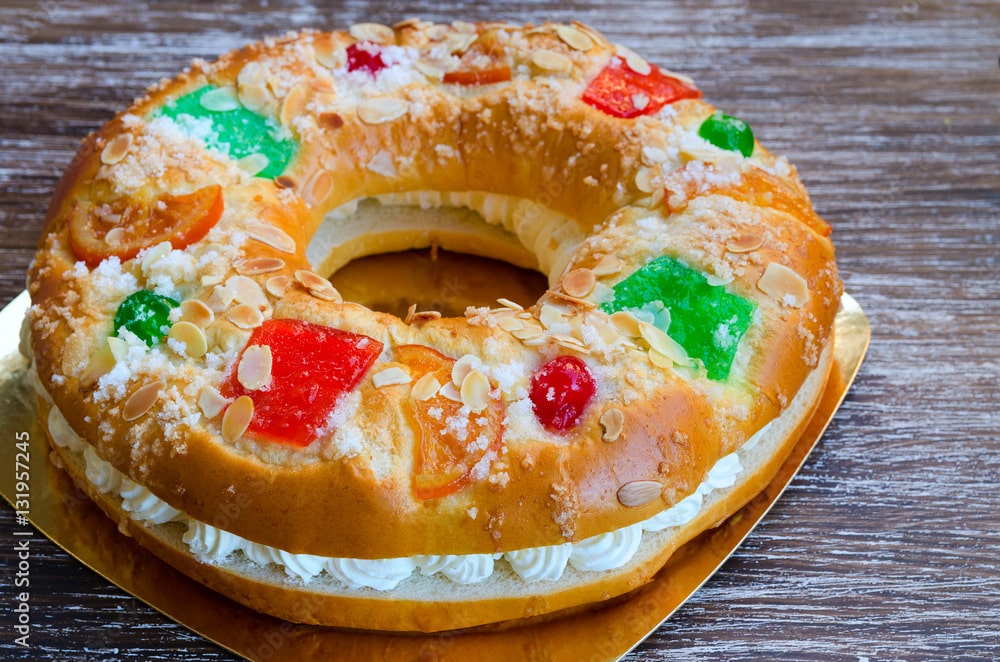Revelry and Tradition: Exploring the Splendor of Spain’s Day of the Kings Celebrations 2024
What is the Day of The Kings

In Spain, the festive spirit of the holiday season extends well beyond Christmas, culminating in the grand and culturally rich celebration of the Day of the Kings, also known as Epiphany or Three Kings’ Day. Observed on January 6th, this vibrant event holds deep-rooted traditions, bringing communities together to commemorate the arrival of the Three Wise Men and the presentation of gifts to the infant Jesus. Join us as we delve into the enchanting tapestry of Spain’s Day of the Kings celebrations, where centuries-old customs blend seamlessly with the joyous enthusiasm of the modern era.
History and Significance:
Dating back to biblical times, the Day of the Kings is based on the biblical story of the Magi – Caspar, Melchior, and Balthazar – who followed the Star of Bethlehem to bring gifts of gold, frankincense, and myrrh to the newborn Jesus. This feast day, celebrated by Christians worldwide, holds particular importance in Spain, where it marks the culmination of the holiday season.
The Festive Parade:
One of the most anticipated and visually stunning aspects of the Day of the Kings celebrations is the grand parade that takes place in cities and towns across Spain. Elaborate floats adorned with dazzling lights, colourful costumes, and live music fill the streets, creating a spectacle that captivates locals and visitors. The highlight of the parade is the arrival of the Three Wise Men themselves, who, atop majestic floats, wave and toss sweets to the excited crowd. Families gather along the parade route, eagerly anticipating the magical moment when their children catch a glimpse of their regal idols.
Gift-Giving Traditions:
In Spain, the exchange of gifts on the Day of the Kings is a cherished tradition. While some may have already received presents on Christmas Day, it is on January 6th that the main gift-giving event takes place. Families come together to share a special meal, often featuring the traditional Roscón de Reyes, a ring-shaped cake adorned with candied fruits and a hidden surprise. As the night unfolds, children eagerly unwrap their presents, emulating the joyous moment when the Three Wise Men presented their gifts to the baby Jesus.
Roscón de Reyes: A Sweet Tradition:

Central to the culinary celebrations is the Roscón de Reyes, a delectable sweet bread that has become synonymous with the Day of the Kings. Families gather to enjoy this ring-shaped confection, often filled with cream, custard, or truffle, and adorned with candied fruits representing the vibrant jewels of the Magi. The hidden surprise within the Roscón, usually a small figurine or trinket, adds an element of excitement as whoever discovers it is bestowed with good luck for the coming year.
Community and Togetherness:
Beyond the grandeur of parades and the sweetness of traditional treats, the Day of the Kings is a time for communities to unite. The spirit of unity and joy permeates the air through local events, religious ceremonies, or intimate family gatherings. The celebrations serve as a reminder of the enduring cultural significance of this age-old tradition, blending reverence for the biblical narrative with the exuberance of modern festivities.
Day of the Kings – Conclusion:
As the final chapter of Spain’s festive season unfolds, the Day of the Kings stands as a testament to the nation’s rich cultural heritage and the enduring magic of celebration. From the dazzling parades to the cherished gift-giving traditions and the delightful Roscón de Reyes, this January 6th celebration weaves a tapestry of joy, community, and reverence. Join in the revelry, embrace the customs, and immerse yourself in the enchantment of Spain’s Day of the Kings – a celebration that transcends time and continues to captivate hearts around the world.
Make sure, if you are staying in Nerja, to catch up with the celebrations: you’ll be most welcome.


